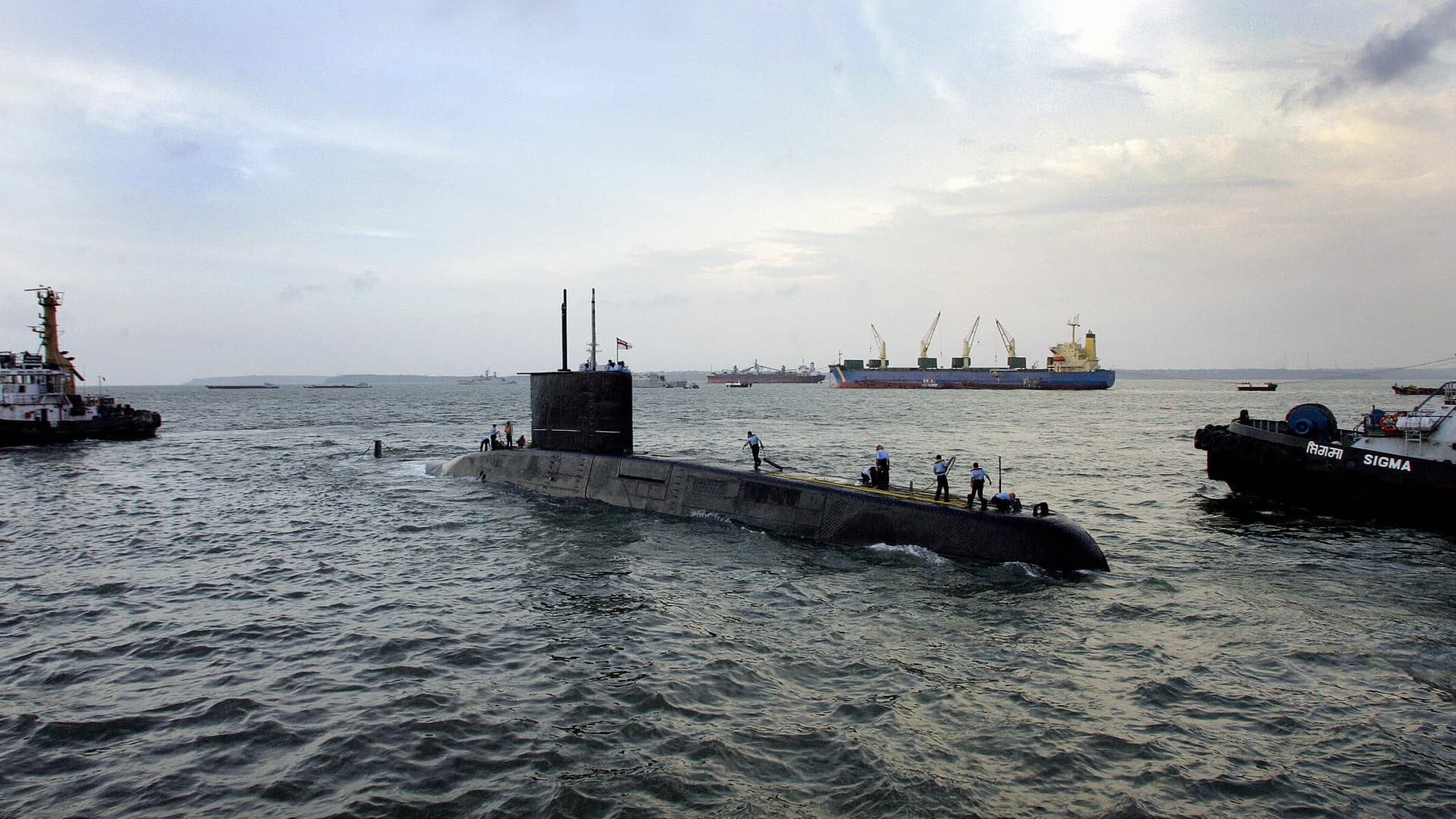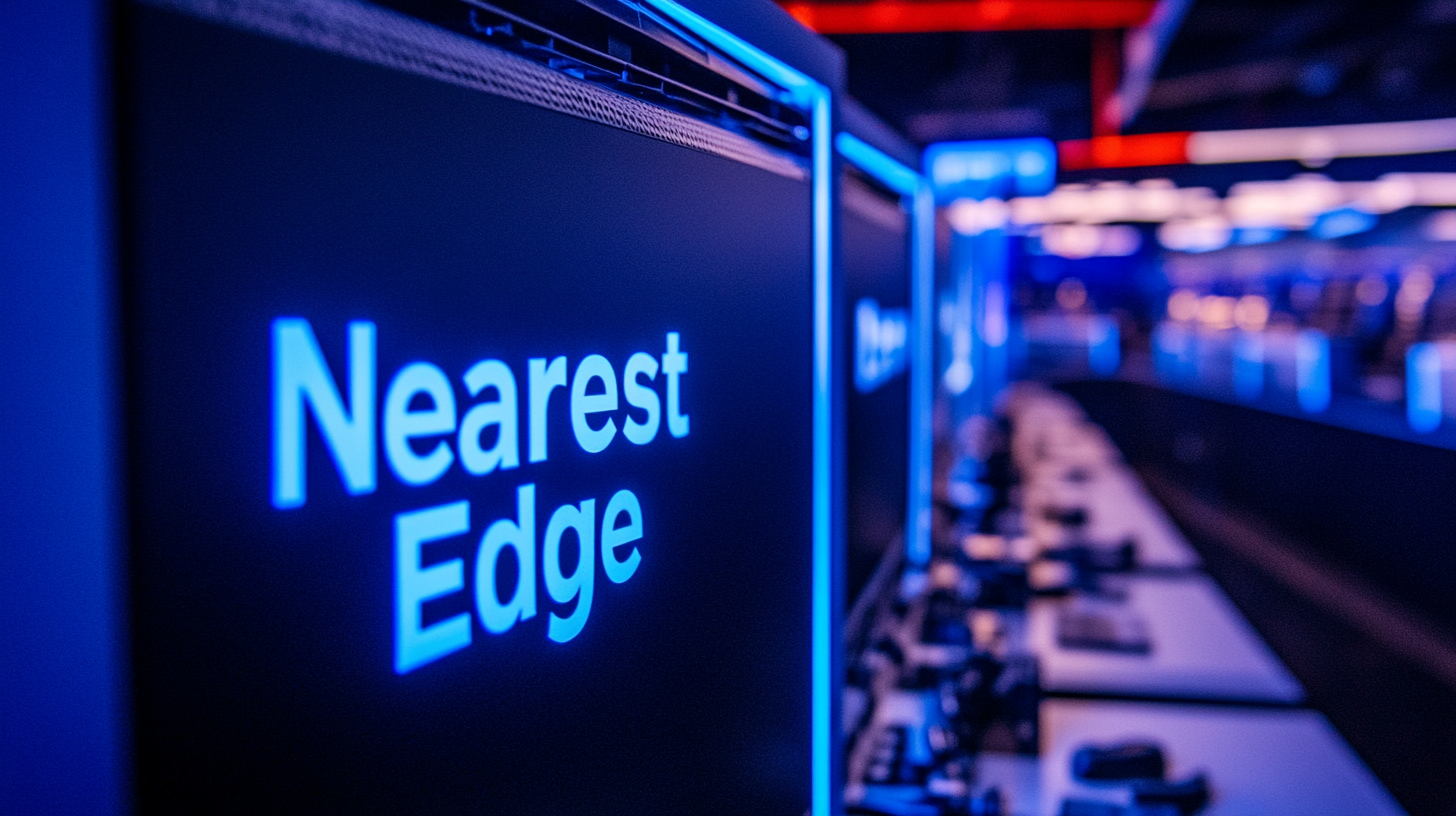Copyright FreightWaves

“The most mature of our Lean AI agents has handled over 1.5 million price quotes,” said Robinson CTO Mike Neill. “The quoting agent reaches out to our Dynamic Pricing Engine, which uses AI to instantly determine a competitive price based on real-time market factors, then delivers that price to the customer.” This specific agent assesses real-time market data to provide competitive pricing swiftly and accurately. The heart of C.H. Robinson’s logistics operations is the Navisphere transportation management system, which now seamlessly integrates with various AI agents, each performing specialized roles. One such agent manages the order booking process, optimizing decisions between less-than-truckload (LTL) and truckload options. “When the orders agent goes into action, it gathers the information it needs about the freight for it to be booked,” Neill explained. “It also optimizes the order by deciding which of the shipments would be best for less-than-truckload vs. truckload. Another agent helps the orders agent make sure the LTL shipment has the correct freight class and code applied to it under the new national classification system.” This choice enhances cost savings and improves load efficiency, further facilitated by another AI agent that accurately classifies freight under the National Motor Freight Classification (NMFC) system. This classification process, traditionally complicated by multiple manual inputs, is now automated, significantly reducing errors and processing time, a critical improvement highlighted by the recent AI agent that can process freight classification within seconds. “We use Lean AI to determine the ideal time to pick up and deliver the freight,” Neill said. “Appointment times are optimized for the shipper, the receiver and the carrier – which makes our customers’ freight more attractive when we put it out to our carrier network.” Another innovative application of AI within C.H. Robinson’s system is in its proactive freight management. Neill outlines how an AI agent monitors available trucks and matches the right carrier to each shipment. “Meanwhile, an AI agent is constantly posting available trucks to our real-time capacity center,” Neill said. “It interacts with our load-matching AI to decide the best-fit carrier, who gets the hyper-customized load offer delivered directly to them. After a carrier takes the freight and the appointment needs to be changed for any reason, an AI agent can do that in our system and notify the carrier.” This capability is complemented by a predictive ETA system that boasts a remarkable 98.2% accuracy rate, due to ongoing tracking updates secured through AI intervention. C.H. Robinson’s strategic implementation of artificial intelligence has markedly bolstered the company’s operational efficiency and financial health. The company’s 2Q2025 earnings report highlighted that despite a 7.7% decline in revenue, largely due to divestitures, there was a notable upswing in profitability. This performance is directly linked to the operating leverage provided by AI technologies, which enhanced productivity and streamlined business processes. The report underscored a substantial increase in both adjusted operating margins, which rose by 520 basis points to 31.1%, and income from operations, climbing 21.2% year-on-year to reach $215.9 million. These figures underscore the significant financial advantages realized through the integration of advanced operational technology, reinforcing C.H. Robinson’s commitment to leveraging AI for sustained business growth. It’s time to give C.H. Robinson CEO Dave Bozeman credit where it’s due—Robinson is no longer the bloated, inefficient, lumbering and slow-to-adapt logistics dinosaur of yesteryear. The company is now putting some of the most impressive logistics software in the industry into production while reducing its overall headcount and boosting profitability, a dream that previous Robinson leaders had promised but were unable to deliver.



